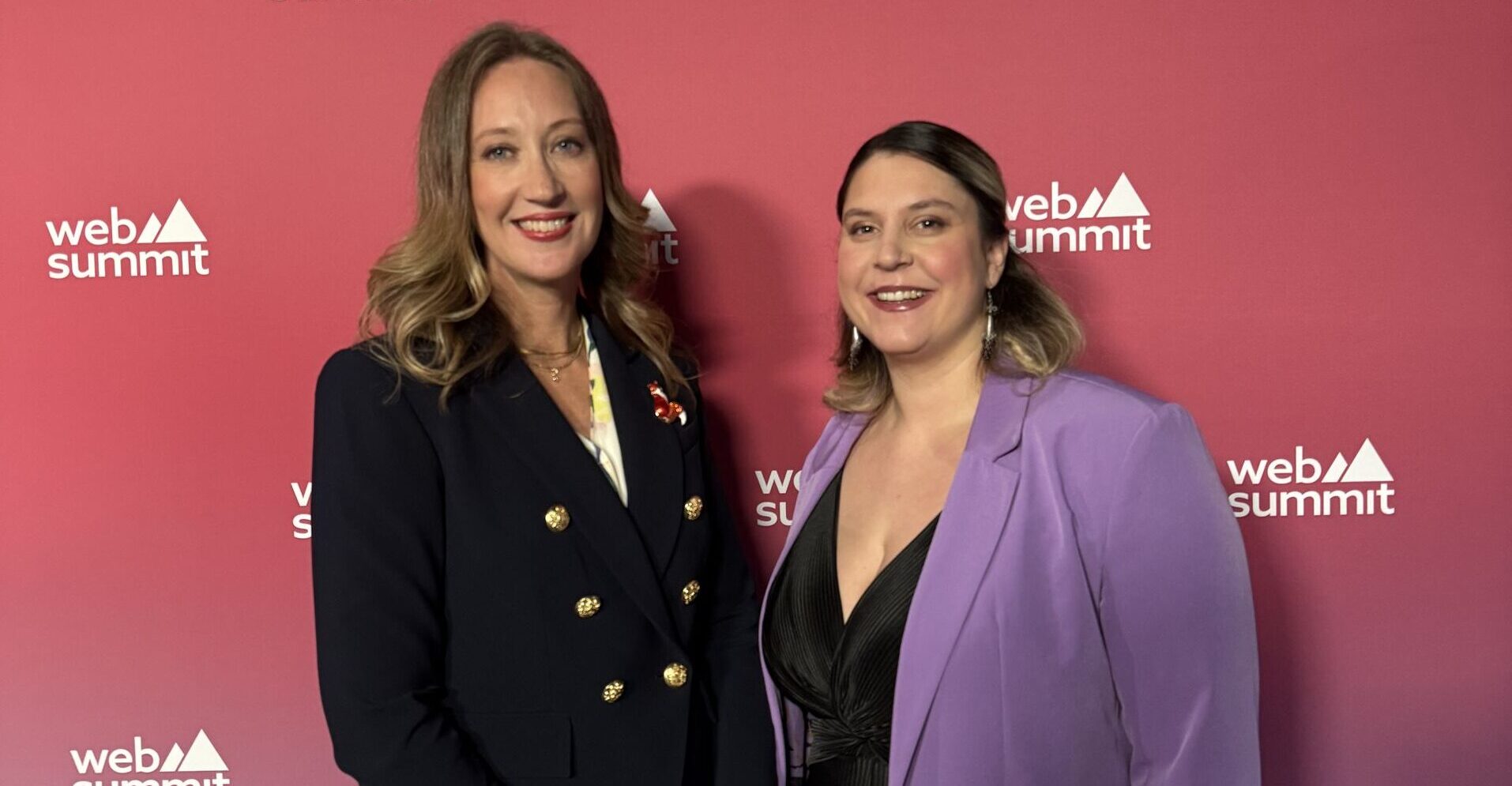Mozilla Corporation recently faced scrutiny over updates to Firefox’s privacy policy, with critics claiming potential data misuse. At Web Summit Qatar in Doha, interim CEO Laura Chambers clarified Mozilla’s stance on privacy and shared insights into the company’s ongoing efforts.
Addressing the privacy controversy
Mozilla addressed the recent confusion via its blog, stressing, “Mozilla has never sold user data and will not do so in the future.” Mozilla clarified that recent updates to Firefox’s terms were made solely to align with evolving laws like the California Consumer Privacy Act (CCPA). Chambers also told us, “We never collect data unless we’re very transparent with you about what it is, and you have a choice over it. When we collect data, we ensure it is protected with the best encryption technology available.”
Chambers highlighted the difference between Mozilla’s approach and most other tech companies by saying, “In most instances, your data is used by companies to nudge you toward certain products or services. Users need to realize there’s a whole bunch of things nudging you in certain directions. You need to make sure you’re still making your own choices.”
Chambers also expressed concern about user complacency toward online privacy. She said, “People have become too comfortable assuming their data is already exposed. Even if you personally feel comfortable, remember privacy choices affect marginalized communities and future generations. Making conscious privacy choices still matters.”

Innovation built on privacy
According to Chambers, the idea that privacy inhibits innovation is misguided. She said, “We innovate all the time, but privacy is built into it. For instance, our translator tool performs all translations locally on your device—the data stays with you and never gets sent to the cloud.”
Mozilla also aims to reshape the digital advertising landscape. Chambers explained Mozilla’s approach to advertising with privacy in mind: “It’s very possible to have high-performing advertising without the fidelity and minutia of data currently captured and sold. The technology exists—we’re making it better and easier to use, aiming for a healthy advertising ecosystem without compromising individual privacy.”
Mozilla encourages privacy-centric innovation through various initiatives, as Chambers detailed: “We do a ton of work with startups in this space. Our Builders Program supports local AI solutions focusing on speed, cost, and privacy. We’re open-source by nature, collaborating extensively with our community on Firefox’s source code.”
Mozilla’s practical tools also demonstrate its commitment. Chambers highlighted the Mozilla Monitor tool, explaining that it helps users check if their data has been exposed online, empowering users to protect their privacy proactively.
We also learned that Mozilla’s venture capital arm supports initiatives and startups that enhance AI transparency, bias testing, and content moderation.
Transparency challenges in AI systems
Chambers acknowledges the significant transparency challenges in artificial intelligence, particularly with large language models (LLMs). “The big LLMs are very black box,” she explained. “You don’t know where the data comes from, how it’s treated, or if the outputs are reliable. Each stage in the AI value chain needs to become more open so it can be audited, regulated, and trusted.”
She further discussed how AI-driven personal agents, though exciting, introduce privacy risks: “These agents could know your salary, your preferences, and make decisions on your behalf—such as booking flights. But how can you trust that your agent isn’t making biased decisions or secretly getting kickbacks? Transparency is critical for maintaining user trust.”
Future of the open web and regulation
Addressing the rapid evolution of open-source technologies, Chambers expressed optimism, “With developments like DeepSeek, we see costs lowering and innovation speeding up. However, transparency remains critical. We need regulation, but it shouldn’t be too strict, or it could hinder smaller companies and favor bigger ones. Effective regulation should enhance competition and innovation, rather than just serving big tech’s interests.”
Chambers emphasized the rapid shift toward open-source solutions after a period dominated by closed ecosystems, underscoring Mozilla’s commitment to this trend: “Open-source innovation accelerates progress. The more transparent AI becomes, the faster we’ll reach trusted and secure solutions.”
Chambers thinks browsers will stay relevant and important for the online future, stating, “The browser has been fundamental for 25 years, and it won’t change soon. However, interfaces will evolve significantly. AI-driven agents interacting with the web will become commonplace. Mozilla aims to ensure these changes enhance user experience while remaining secure and private.”
Ultimately, Chambers assured their rock-hard commitment to Mozilla’s foundational philosophy, “We always come back to our principles: an ideal internet is open, accessible to everyone equally, healthy, and progresses society forward meaningfully. Our manifesto (The Mozilla Manifesto) clearly outlines this, guiding every product we develop and every partnership we form.”





